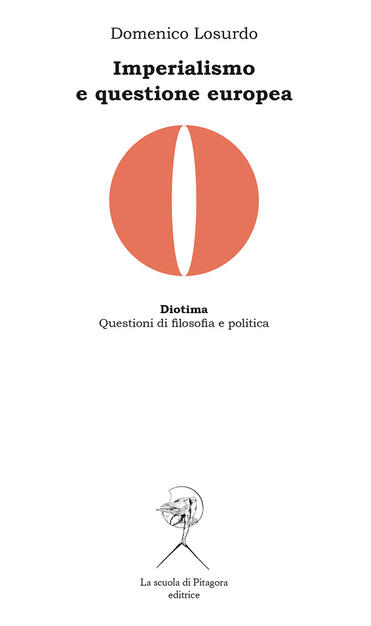War and Revolution: Rethinking the Twentieth Century
War and Revolution identifies and
takes to task a reactionary trend among contemporary historians, one
that’s grown increasingly apparent in recent years. It’s a revisionist
tendency discernible in the work of authors such as Ernst Nolte, who
traces the impetus behind the Holocaust to the excesses of the Russian
Revolution; or François Furet, who links the Stalinist purges to an
“illness” originating with the French Revolution.
The intention of these revisionists is to eradicate the revolutionary tradition. Their true motives have little to do with the quest for a greater understanding of the past, but lie in the climate of the present day and the ideological needs of the political classes, as is most clearly seen now in the work of the Anglophone imperial revivalists Paul Johnson and Niall Ferguson.
In this vigorous riposte to those who would denigrate the history of emancipatory struggle, Losurdo captivates the reader with a tour de force account of modern revolt, providing a new perspective on the English, American, French and twentieth-century revolutions.
The intention of these revisionists is to eradicate the revolutionary tradition. Their true motives have little to do with the quest for a greater understanding of the past, but lie in the climate of the present day and the ideological needs of the political classes, as is most clearly seen now in the work of the Anglophone imperial revivalists Paul Johnson and Niall Ferguson.
In this vigorous riposte to those who would denigrate the history of emancipatory struggle, Losurdo captivates the reader with a tour de force account of modern revolt, providing a new perspective on the English, American, French and twentieth-century revolutions.
-
“A brilliant exercise in unmasking liberal pretensions, surveying over three centuries with magisterial command of the sources.”
-
“Stimulatingly uncovers the contradictions of an ideology that is much too self-righteously invoked.”
-
“A book of wide reference and real erudition.”
-
“The book is a historically grounded, very accessible critique of liberalism, complementing a growing literature critical of liberalism.”














Nessun commento:
Posta un commento